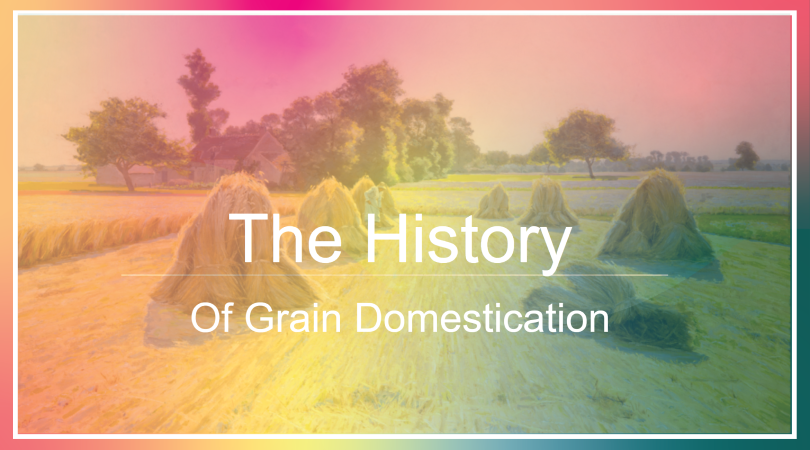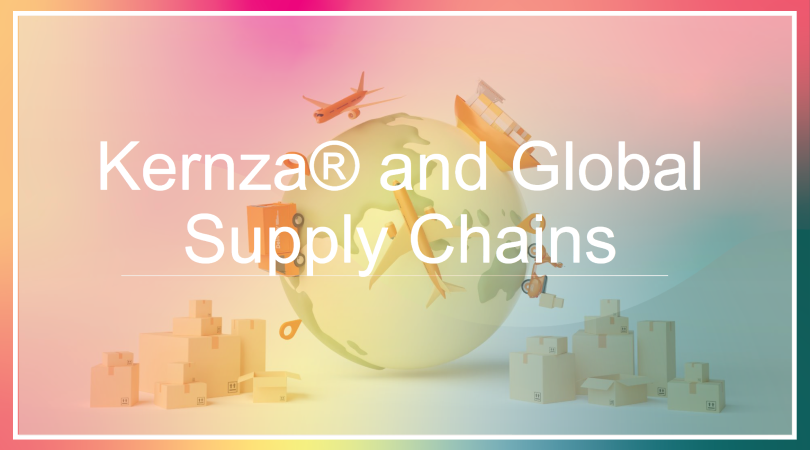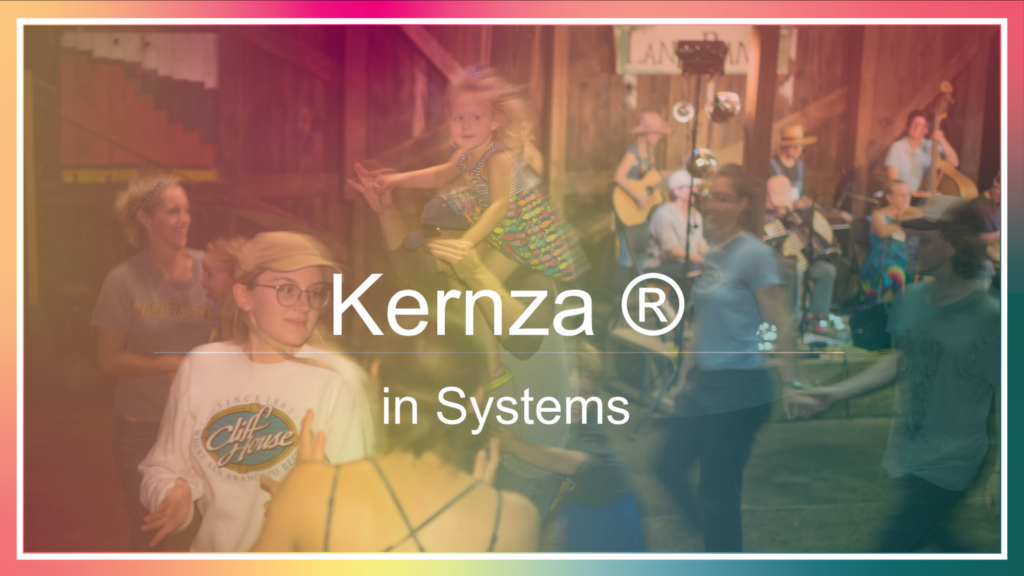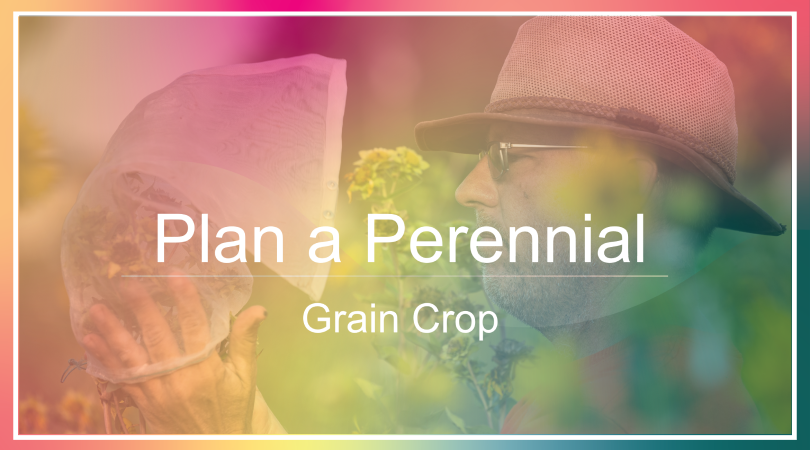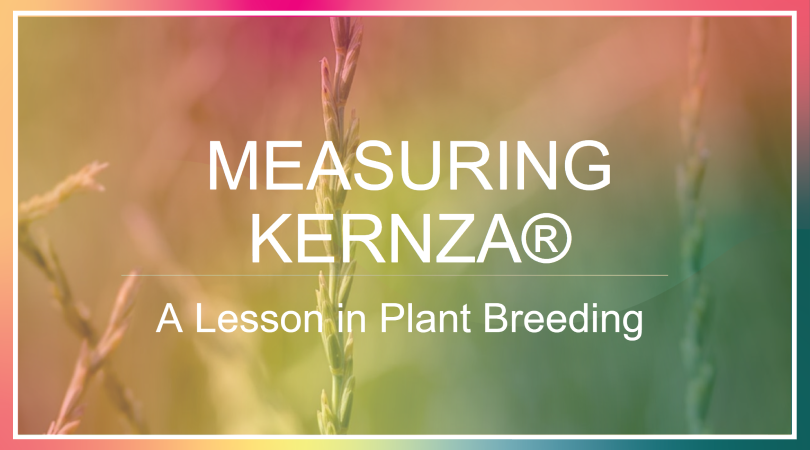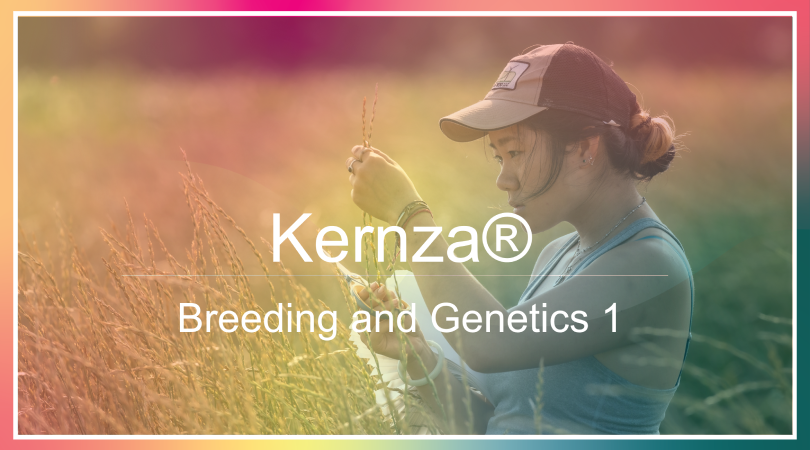The Kernza® in Context educational curriculum is designed to introduce the dynamic story of Kernza® within the context of communities, agroecosystems, and broader earth systems and to give learners the tools and ideas to create a perennial future. Although high school students are the primary audience, lessons and resources in this curriculum can be used in other contexts.
The curriculum consists of lessons in various subjects, from science to art and English, each ranging from 60-120 minutes of class time to teach, as well as a few multiple-day projects. Most lessons may be taught independently, with little extra context needed. However, lessons are also organized into modules around specific topics for more in-depth exploration.
If you have any questions or comments about Kernza® in Context, contact our team at kernzaincontext@landinstitute.org.
Learn more about the development of Kernza® in Context, and tips on how to use it here.
This work is made possible by the Agriculture and Food Research Initiative’s (AFRI) Sustainable Agricultural Systems Coordinated Agricultural Program (SAS-CAP) grant no. 2020-68012-31934 from the USDA National Institute of Food and Agriculture (NIFA), known as the Kernza®CAP.
Kernza® in Context Educational Videos
Kernza® in Context: Intro to Kernza®
Get to know Kernza®, a new perennial grain crop, and why so many people are excited to see what it can do to revolutionize agriculture.
Watch Video
Cooking with Kernza®: Exploring Gluten
Take a deep dive into the fascinating world of food science as we explore the best way to bring a new perennial grain, Kernza®, to the table.
Watch Video
What is a Grain? – Staple Grains on Plates
Grains are some of the most important foods that we eat, but do we know what they are?
Watch Video
Genomic Selection with Kernza® Perennial Grain
Learn how The Land Institute’s Kernza® breeding program uses new techniques to improve Kernza® perennial grain.
Watch Video
Measuring Soil Health and Aggregate Stability
Healthy soil is very important for agriculture and, therefore, human thriving. But how can you tell if soil is healthy?
Watch Video
Modules
Modules are groups of lessons that share a topic or theme.
Meeting Kernza®
What is Kernza®, and why is it important? This module examines the basic principles behind this perennial grain crop and ecosystem services.
Meeting Grains
How have grains impacted humans from the past to the present? This module explores the world’s major grain crops and reasons for developing perennial grains.
Kernza® Domestication and Breeding
How is Kernza® perennial grain being developed? This module features the history and research methods involved in Kernza® breeding and domestication.
Kernza® for Dual Use
How can raising crops and animals together benefit farmers and the environment? This module provides knowledge about nutrient cycles and farmers’ experiences.
Kernza® Breeding and Genetics
How do plant breeders and scientists apply their knowledge of genetics to develop perennial crops? This module explores the basics of genetics and heredity and demonstrates how this knowledge is used in plant breeding and Kernza® domestication.
Kernza® and Climate Change
How could Kernza® help address climate change? This module shows how Kernza® interacts with nitrate leaching, soil erosion, and other factors that are relevant to climate change.
Kernza® and Supply Chains
What are the human and environmental impacts of supply chains? This module unpacks the basics of supply chains, focusing on small-grain chains.
Kernza® Research and Data
What have researchers discovered about Kernza® through scientific methods? This module focuses on the data gathered through Kernza® research, from soil nitrates to dual use.
Finding Your Role in a Perennial Future
How can you play a role in bringing about the future you want to see? This module invites students to choose from three options to explore what they hope to see in a perennial future.
Writing a Perennial Future
How can you use fiction to imagine a better future? This module dives into the genre of solar punk with a project for students to write their own short stories.
Kernza® in Context Lessons
Page 3 of 5





